Why organic fertiliser is better for your plants and vegetables
Q: Why should I use fertiliser on my fruits and vegetables? To help you get the most from your garden. Fertilisers supply your plants with
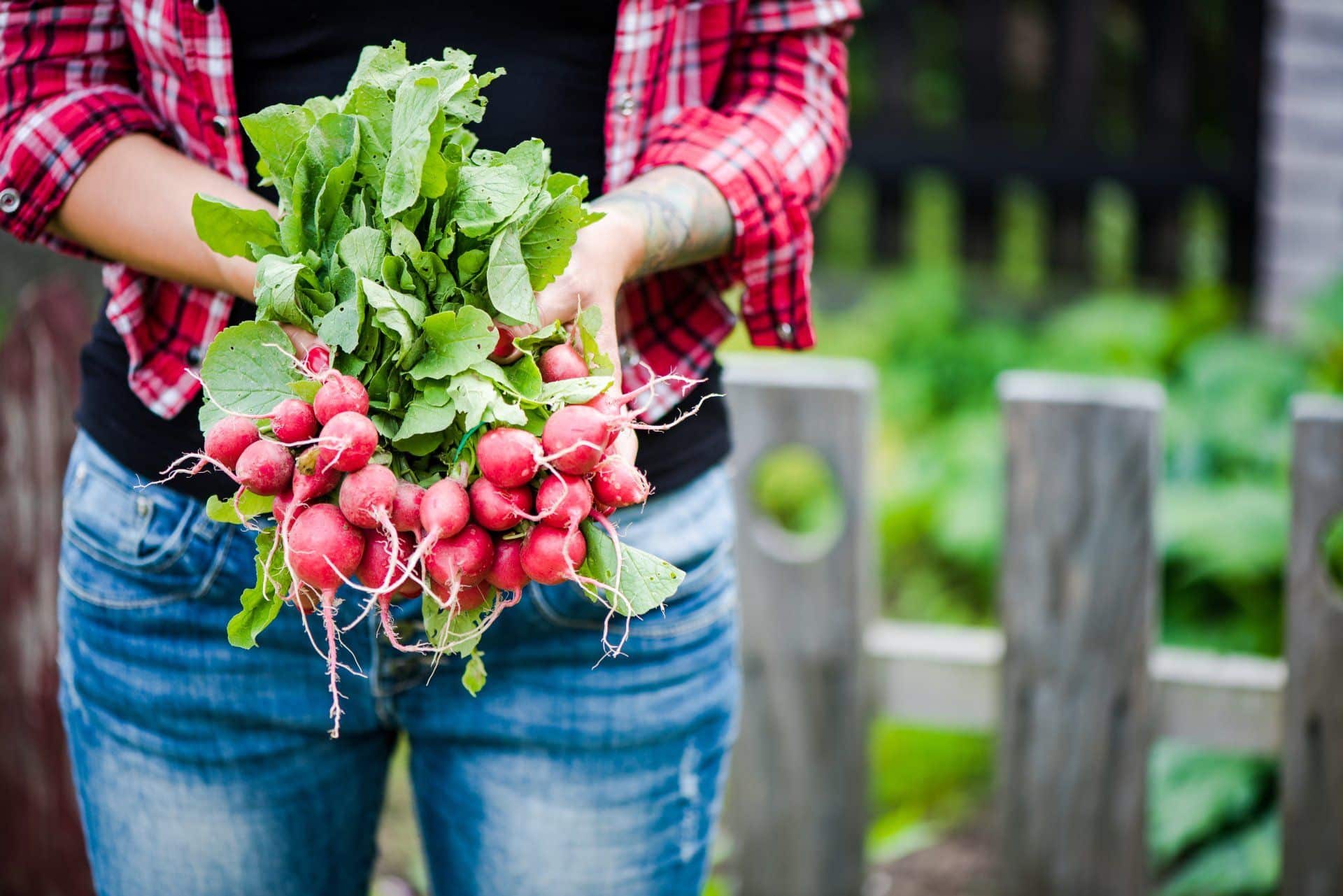
Going au naturel – Daniel Suggitt, our general manager, explains how using organic matter in your garden can improve your plant’s growth, your soil’s fertility, and reduce your carbon footprint. Because, after all, mother nature knows best.
What is organic gardening?
Organic gardening is using nature’s products to feed and protect your garden. It’s all about learning ways to use nature, as intended, to get results you may not think are even possible.
How does it help the environment?
Using all-natural products helps reduce the number of chemicals released into the atmosphere. When you use a chemical pesticide, it can harm more than just bugs. When it rains, chemicals are washed off the soil and drip into a nearby drain. They then make their way into local rivers and creeks, polluting the water. Organic gardening can also reduce the amount of waste you produce. Create compost by recycling your food waste. It’s also beneficial to source natural products that are sustainably produced. We use anaerobic digestion to make all our products. It breaks down natural ingredients – crops grown on our own farms – and we feed the excess energy back into the electricity grid to make green electricity.
How can organic gardening improve the health of my soil?
Only recently, have we recognised the damage that decades of using chemicals has done to our soil – it’s destroyed its natural structure and depleted vital nutrients. Fortunately, the damage can be reversed by replenishing the soil’s essential microbiome – a complex network of micro-organisms including bacteria and fungi that your soil needs. You can use the no-dig method to add a layer of green manure, decomposed plant matter, or our soil conditioning fertiliser to the top of your soil. Worms and other beneficial creatures will break down the matter, releasing the natural goodness, enriching your soil, and replenishing its lost nutrients. Maintaining your soil’s health is essential for better plant growth and helping your garden to look it’s best for longer.
What can I change about my gardening routine to be more eco-friendly?
Start by using an organic plant-based liquid feed to replace any chemical fertilisers or feeds. Build a compost heap. Collect leaf mould and food waste in a bin or medium-sized container. Over time this will decompose, leaving you with an organic compost that you can use to feed your soil. Pull your weeds out by hand, instead of using pesticides or other harsh chemicals. Use plants as a natural pest control, instead of a spray. Plants like marigolds and garlic can deter practically any pest. Plant them liberally around the garden. Or encourage more predator or pollinator insects to visit your garden and keep other pests in control. Herbs like dill, chamomile and rosemary are great for attracting an array of predator insects such as beetles, dragonflies and praying mantis. You can also use our natural, non-toxic slug and snail barrier.
Should I use organic gardening if I want to create a wildlife garden?
Definitely. Work with nature to encourage more visitors to your garden. Avoid using any harsh or toxic chemicals – these are dangerous for wildlife and will discourage bees, birds, and butterflies. Using natural, organic products can reduce your worry, help maintain a healthy eco-system and is much safer for wildlife, pets, and children.
Do you have any advice for beginning organic gardeners?
Whenever you buy products, always check the label. Read ingredients carefully to fully understand what chemicals you’re using on your plants. Try growing some of your own fruit and vegetables – this helps lower the emissions created when transporting food. Tomatoes and strawberries are an excellent choice for beginners. They’re hardy and can be grown in plant beds, pots or hanging baskets. If everyone makes even just a few of these changes, we can we help transform the future of gardening and farming and do our part to help the environment and make the planet a better place for future generations.
Follow us on Facebook or Instagram @plantgrowuk for more organic gardening tips. Call 01953 525001 or email info@plantgrow.co.uk to chat with a member of the team. We’re always more than happy to answer any questions you may have
Q: Why should I use fertiliser on my fruits and vegetables? To help you get the most from your garden. Fertilisers supply your plants with

Meet our 2024 PlantGrow Champions PlantGrow Champions are a select group of Instagram growers who use PlantGrow in their gardens. Each one was individually chosen for
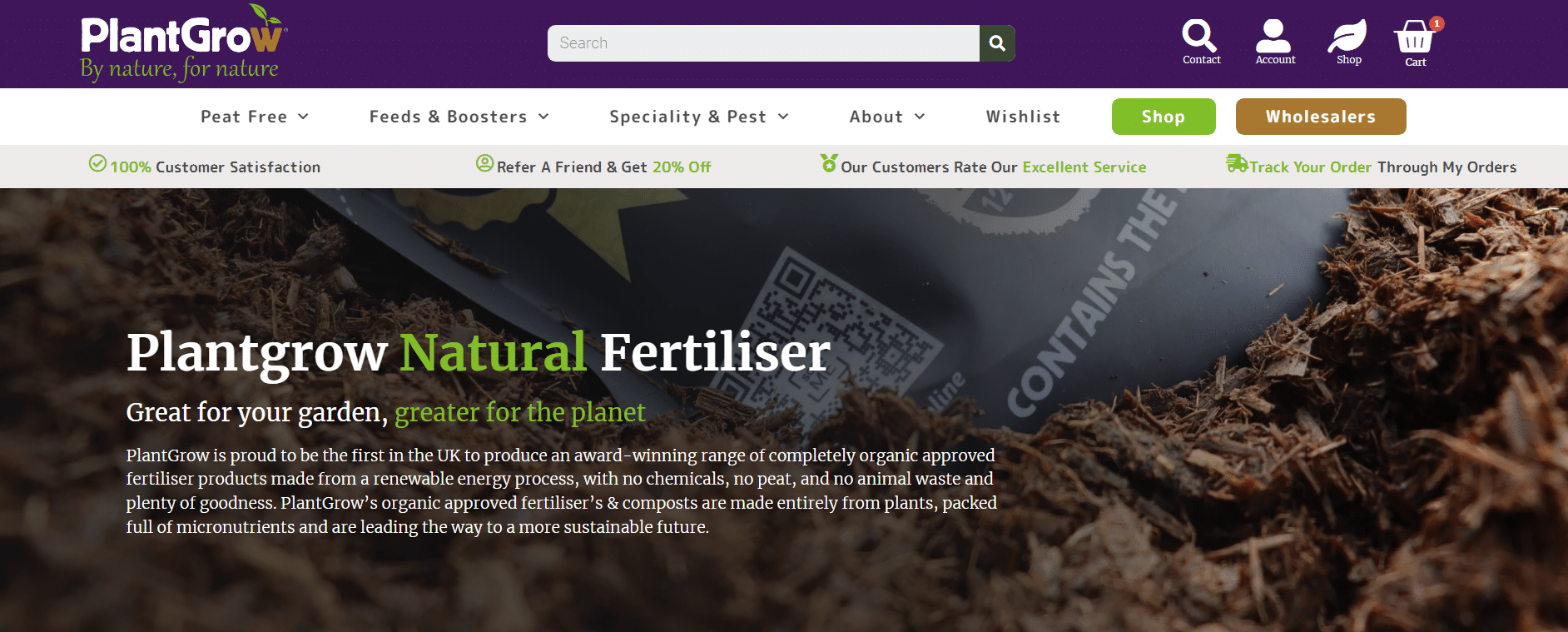
PlantGrow Launches All-New Website Back in 2016, nobody really knew about PlantGrow. Who’d have thought that in 2023 most gardeners in the UK would know
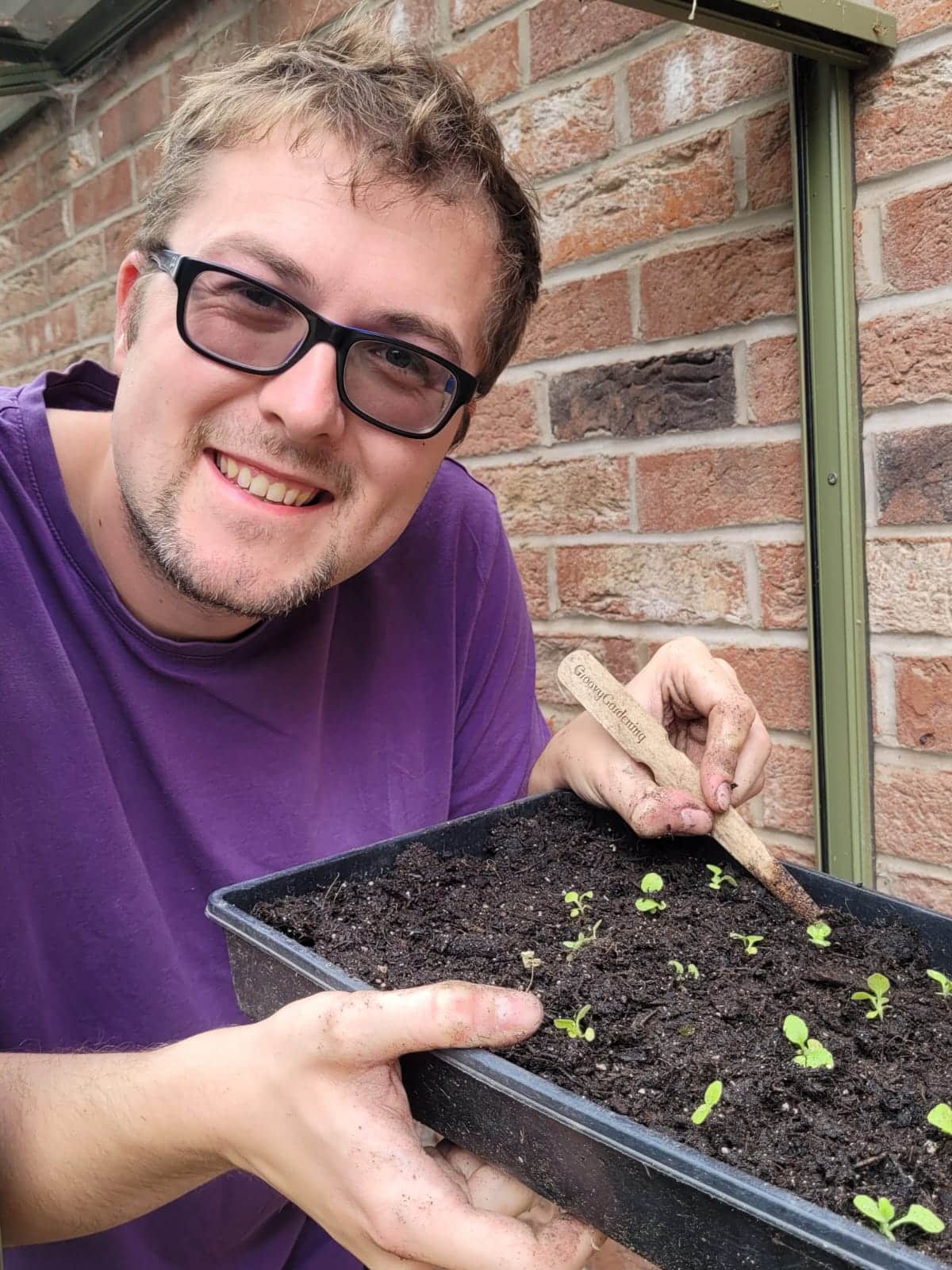
Our PlantGrow family is still growing! We’re pleased to reveal our latest PlantGrow champion: Chris Jesson from @groovygardeninguk. Chris set up his Instagram account in
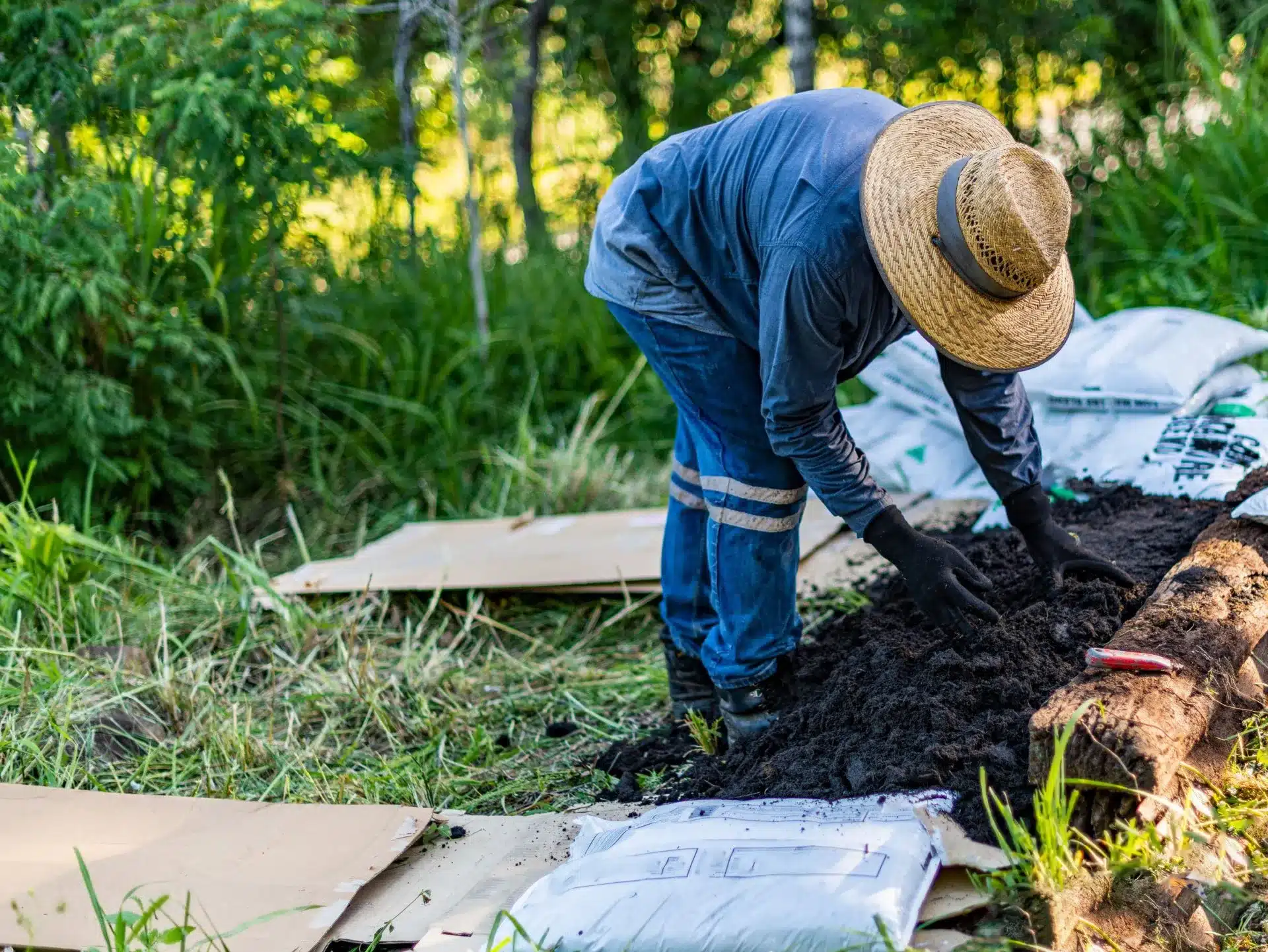
Our aim is to encourage people to provide a better future for the environment while gardening! We make a range of environmentally friendly gardening products that
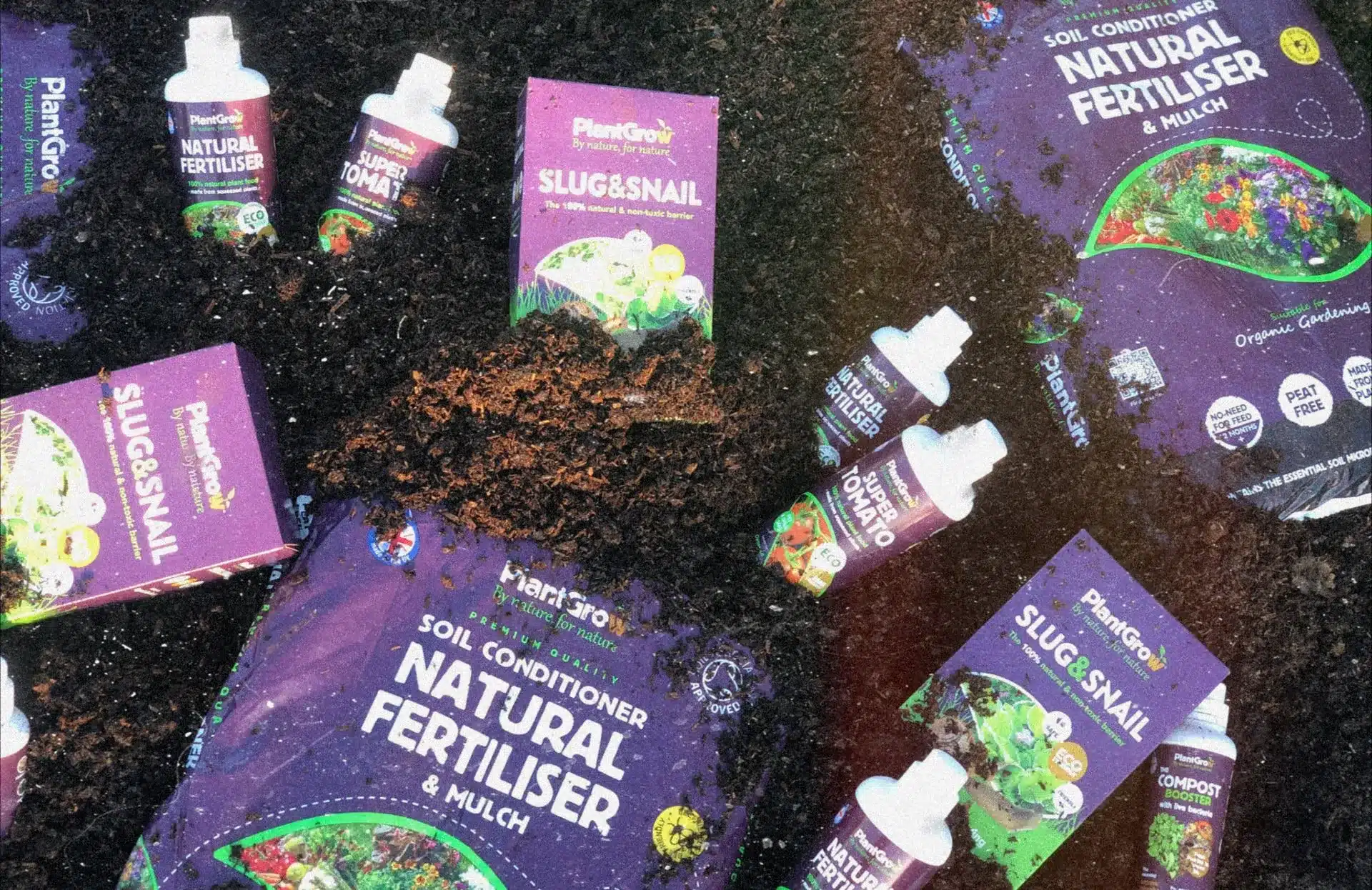
PlantGrow is proudly the first in the UK to produce a range of natural, Soil Association and Vegan Society-approved gardening products made through a sustainable
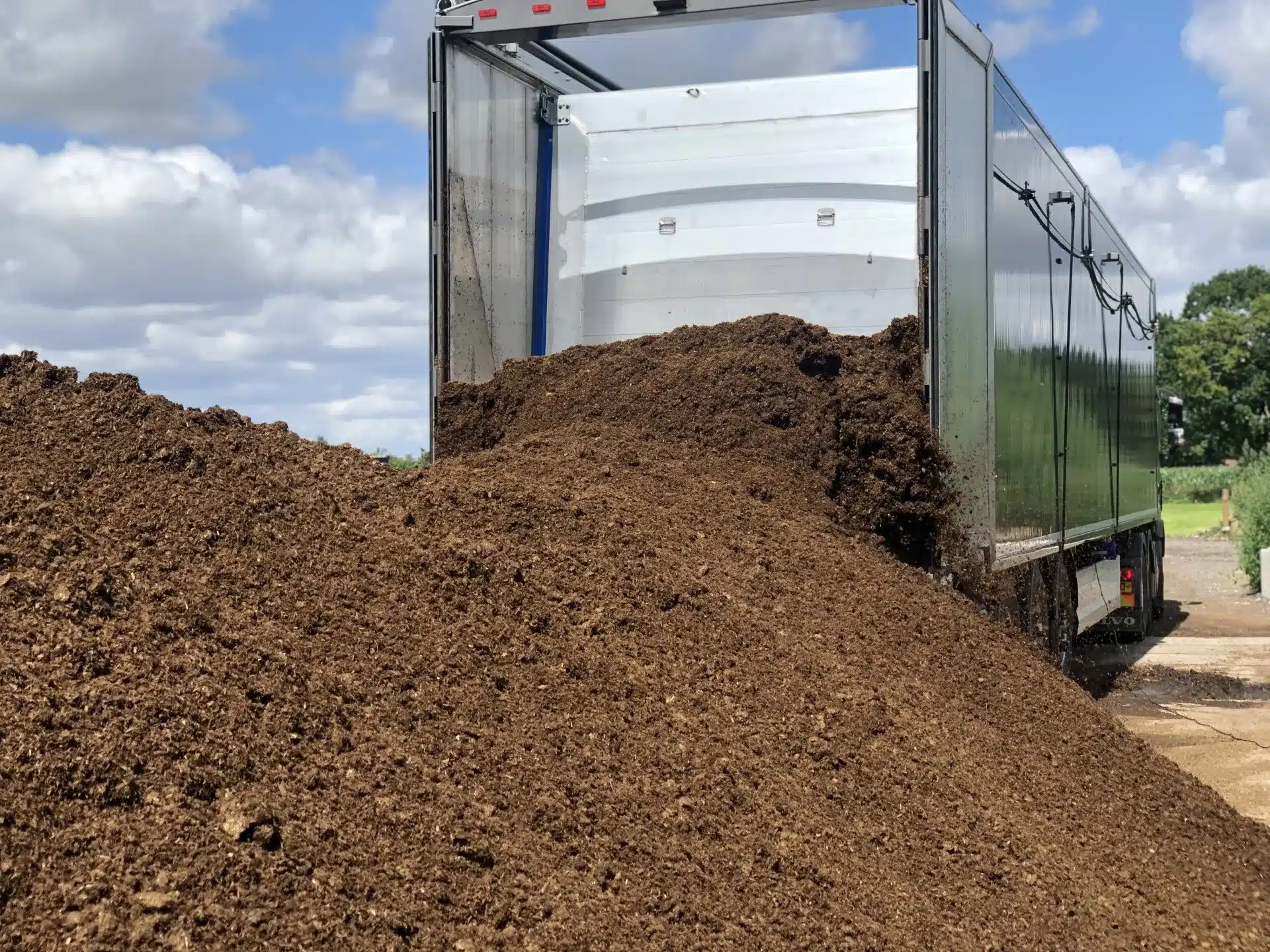
We paired up with one of our Champions, Richard Chuck to write this blog in order to guide and encourage people to mulch. We hope

We are so pleased to be announcing our newest Plant Grow Champion, Richard Chuck! Demonstrating his passion and dedication to gardening and sustainably, we could
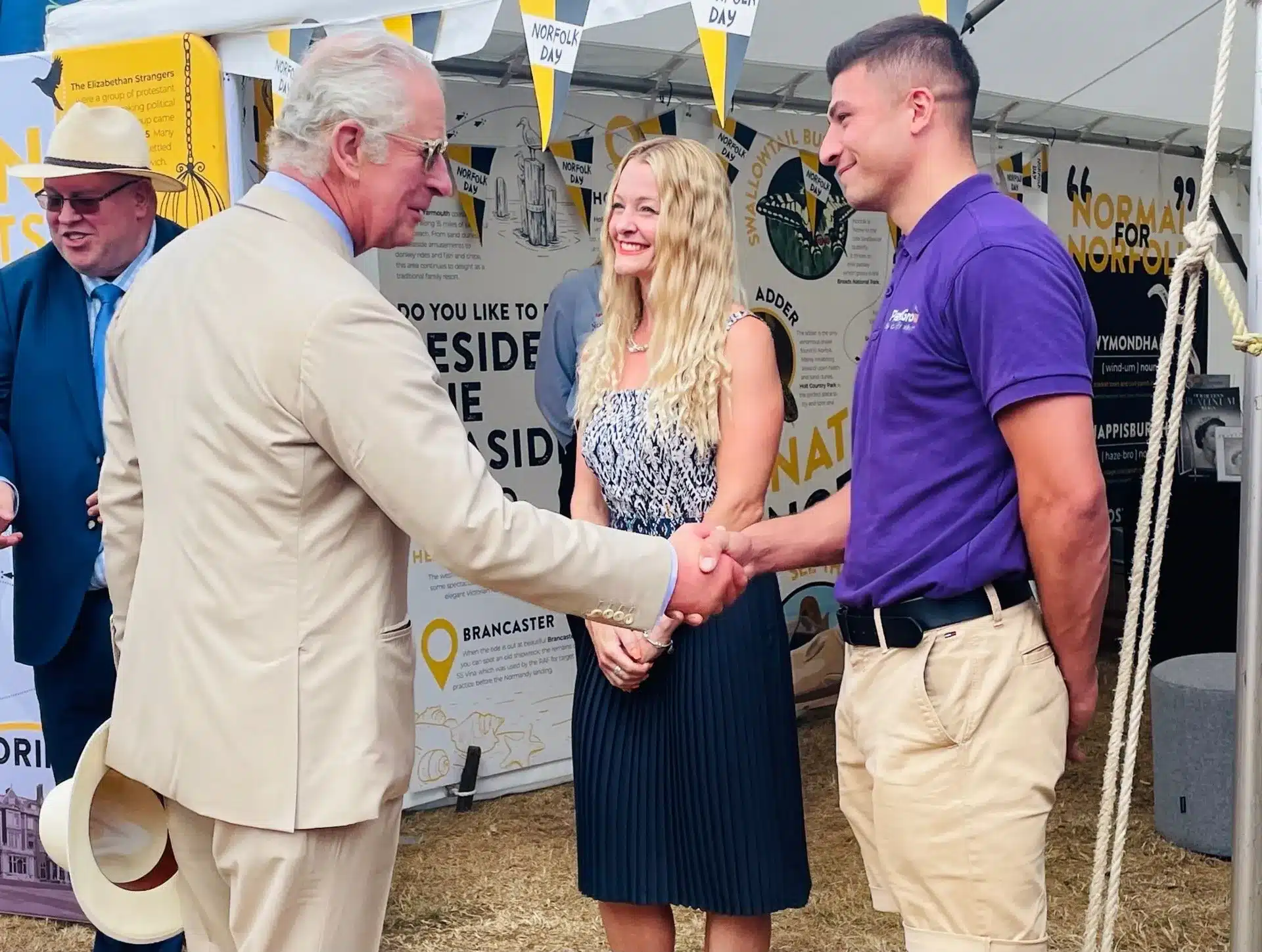
We could not be more grateful and proud to have been one of the headline sponsors of the Sandringham Flower Show this year! We had
Find us: Cakes Hill Barn, Ellingham Road, Attleborough, Norfolk, NR17 1AE
| Cookie | Duration | Description |
|---|---|---|
| _savt | 3 years | This cookie is set by Square for payment processing. |
| cookielawinfo-checkbox-advertisement | 1 year | Set by the GDPR Cookie Consent plugin, this cookie is used to record the user consent for the cookies in the "Advertisement" category . |
| cookielawinfo-checkbox-analytics | 11 months | This cookie is set by GDPR Cookie Consent plugin. The cookie is used to store the user consent for the cookies in the category "Analytics". |
| cookielawinfo-checkbox-functional | 11 months | The cookie is set by GDPR cookie consent to record the user consent for the cookies in the category "Functional". |
| cookielawinfo-checkbox-necessary | 11 months | This cookie is set by GDPR Cookie Consent plugin. The cookies is used to store the user consent for the cookies in the category "Necessary". |
| cookielawinfo-checkbox-others | 11 months | This cookie is set by GDPR Cookie Consent plugin. The cookie is used to store the user consent for the cookies in the category "Other. |
| cookielawinfo-checkbox-performance | 11 months | This cookie is set by GDPR Cookie Consent plugin. The cookie is used to store the user consent for the cookies in the category "Performance". |
| CookieLawInfoConsent | 1 year | Records the default button state of the corresponding category & the status of CCPA. It works only in coordination with the primary cookie. |
| elementor | never | This cookie is used by the website's WordPress theme. It allows the website owner to implement or change the website's content in real-time. |
| viewed_cookie_policy | 11 months | The cookie is set by the GDPR Cookie Consent plugin and is used to store whether or not user has consented to the use of cookies. It does not store any personal data. |
| Cookie | Duration | Description |
|---|---|---|
| _GRECAPTCHA | Session | Spam prevention |
| _hjSession_* | 30 Minutes | A cookie that holds the current session data. This ensures that subsequent requests within the session window will be attributed to the same Hotjar session. |
| Woocommerce_cart_hash | 1 Day | To store items in cart |
| Woocommerce_items_in_cart | Session | Store items in cart. |
| Wordpress_logged_in_ | Session | WordPress |
| Wordpress_sec_* | 15 Days | To provide protection against hackers, store account details. |
| Wp_woocommerce_session_* | Session | Store performed actions. |
| Cookie | Duration | Description |
|---|---|---|
| _hjAbsoluteSessionInProgress | 30 Minutes | Hotjar sets this cookie to detect the first pageview session of a user. This is a True/False flag set by the cookie. |
| _hjAbsoluteSessionInProgress | 30 Minutes | Hotjar sets this cookie to detect the first pageview session of a user. This is a True/False flag set by the cookie. |
| _hjSessionUser_* | 1 Year | Hotjar cookie that is set when a user first lands on a page with the Hotjar script. It is used to persist the Hotjar User ID, unique to that site on the browser. This ensures that behavior in subsequent visits to the same site will be attributed to the same user ID |
| CONSENT | 2 years | YouTube sets this cookie via embedded youtube-videos and registers anonymous statistical data. |
| Cookie | Duration | Description |
|---|---|---|
| VISITOR_INFO1_LIVE | 5 months 27 days | A cookie set by YouTube to measure bandwidth that determines whether the user gets the new or old player interface. |
| YSC | session | YSC cookie is set by Youtube and is used to track the views of embedded videos on Youtube pages. |
| yt-remote-connected-devices | never | YouTube sets this cookie to store the video preferences of the user using embedded YouTube video. |
| yt-remote-device-id | never | YouTube sets this cookie to store the video preferences of the user using embedded YouTube video. |
| Cookie | Duration | Description |
|---|---|---|
| cookielawinfo-checkbox-tracking | 1 year | No description |
Parcel deliveries
We aim to deliver all parcels within 2-4 working days from dispatch, order before 12:00pm for same day dispatch.
Pallet deliveries
We aim to deliver all pallets within 2-5 working days from dispatch, order before 12:00pm for same day dispatch.
If you require further information regarding your delivery, please email daniel@plantgrow.co.uk
